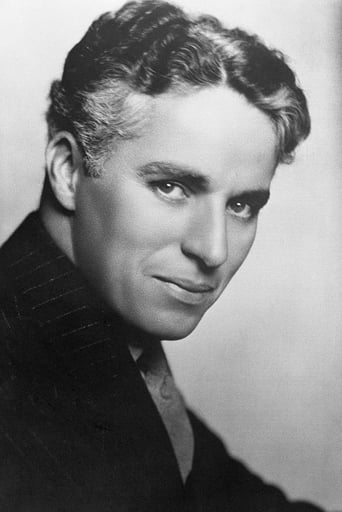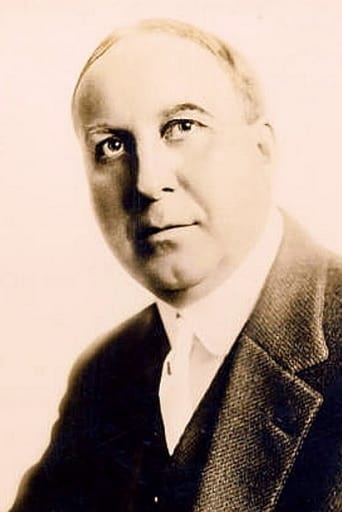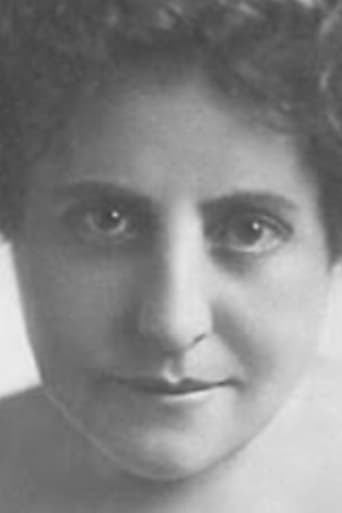Diagonaldi
Very well executed
Senteur
As somebody who had not heard any of this before, it became a curious phenomenon to sit and watch a film and slowly have the realities begin to click into place.
Salubfoto
It's an amazing and heartbreaking story.
tavm
Just caught this, one of the earliest films directed by star Charlie Chaplin, on a DVD collection called "American Slapstick". In this one, The Tramp runs afoul of a married couple, first at a park bench, and then at a hotel. The wife of this couple turns out to be a sleepwalker. Also, The Tramp is drunk during much of this. That's all I'll say except while I found much amusing in the beginning and I liked Charlie's constant slipping down the stairs nearly every time he tries to go up them, it just lost steam after that for me. Good thing he'd get much better later on. Oh, and there's also a man whose foot is heavily bandaged and that Chaplin keeps stepping on that was also good for a few laughs. So on that note, Caught in the Rain is worth a look.
MartinHafer
The early films of Charlie Chaplin just haven't aged well. Despite his well deserved reputation as a comedy genius, most of his very early shorts from 1914-1916 or so are just dreadful by today's standards. They are just too short and amateurish to be or any interest except to film historians or to strange people like me who are trying to see every available Chaplin film.This film is all to familiar material for the early films with themes involving Charlie being drunk, making passes at married women and Mabel Normand sleepwalking. There is really nothing very original here, but for what it is it is a fairly decent film.
SnorrSm1989
Only a few months had passed after Chaplin's arrival at the Keystone-studio, when he was given opportunity to direct his first film. By that time, he had appeared in a dozen or so short films directed by people such as Henry Lehrman and George Nichols, and the experience had been dissatisfying to everyone involved. Both Lehrman and Nichols were "old-timers" in the film industry compared to newcomer Chaplin, and apparently found the young comedian to be arrogant and reprimanding. Chaplin frequently objected to his directors' suggestions, and once remarked that "I want to do something with merit, not just be bounced around and fall off street-cars." History has justified Chaplin's attitude; one could go so far and argue that the sole reason why Lehrman and Nichols are at all remembered today is due to their association with the very comedian they so much disliked. At the time, however, one can perhaps understand why Chaplin was thought of as difficult. After a particularly unpleasant confrontation with Mabel Normand, producer Mack Sennett was apparently ready to fire Chaplin. Thankfully, at that moment he received a telegram asking for more Chaplin-films as soon as possible, so Sennett gave in and let the young newcomer direct his own films from then on.There is some uncertainty as to which film should be considered Chaplin's "first" directorial effort. Both TWENTY MINUTES OF LOVE and CAUGHT IN A CABARET are suggested in some sources. It is also worth to remember that the term "director" was often much more diffuse than what is common today; the great degree of improvisation from the actors in Keystone's films may in itself qualify for some directorial input on their behalf. However, as Chaplin himself lists CAUGHT IN THE RAIN as his first all-around directorial effort in his autobiography, it is reasonable to accept this for the sake of simplicity. The plot is typical Keystone-farce: Charlie is drunk and flirts with Mack Swain's wife, much to the husband's annoyance. Later that afternoon, the married couple returns to the hotel in which they live to get some rest. Charlie is also sleepy, and decides to take a nap himself. It turns out that Swain's wife is a sleepwalker, and unknowingly enters Charlie's room across the hall. Various mishaps from there on leads to Charlie being "caught in the rain."CAUGHT IN THE RAIN is a decent first-time effort; in fact, it's a quite decent effort for a 1914-comedy altogether. However, Chaplin has still some way to go before he has fully adapted himself to the medium of film, and the film hardly provided me with any truly big laughs. I'm sure it did to audiences back in 1914, though, and it does indeed remain rather amusing to this day. (This review has later been somewhat updated and revised, Dec. 2012)
boblipton
Although this is not an earth-shaking classic, it is a very pleasant little film.Charlie is not yet, as W.C. Fields would later call him, "the world's best ballet dancer", but he takes his falls gracefully. Even more, he permits his other actors their moments in the light. Mack Swain is -- not surprisingly -- very good and even Alice Davenport, as Mack's sleep-walking wife, gets some very funny moments. Chaplin clearly has the film as his primary consideration and his performance take secondary consideration. This was one of the reasons he was able to flourish as an actor-director for thirty years.But if you're looking for a work of comic genius, this is not it. Chaplin never did any of those at Keystone. Their brand of farce did not really suit him.



